So I have a class like this:
public class Person {
private List<String> list = new ArrayList<String>();
public addPerson(String s) {
this.list.add(s);
}
}
public class TestPerson extends TestCase {
private Person person;
public testAddPerson() {
this.person.addPerson("John");
}
}
My question is how can I test that John was added in the list.
I woulod like to do some tests like list.size() == 1 or list.get(0).equals("John")
Any suggestions?
